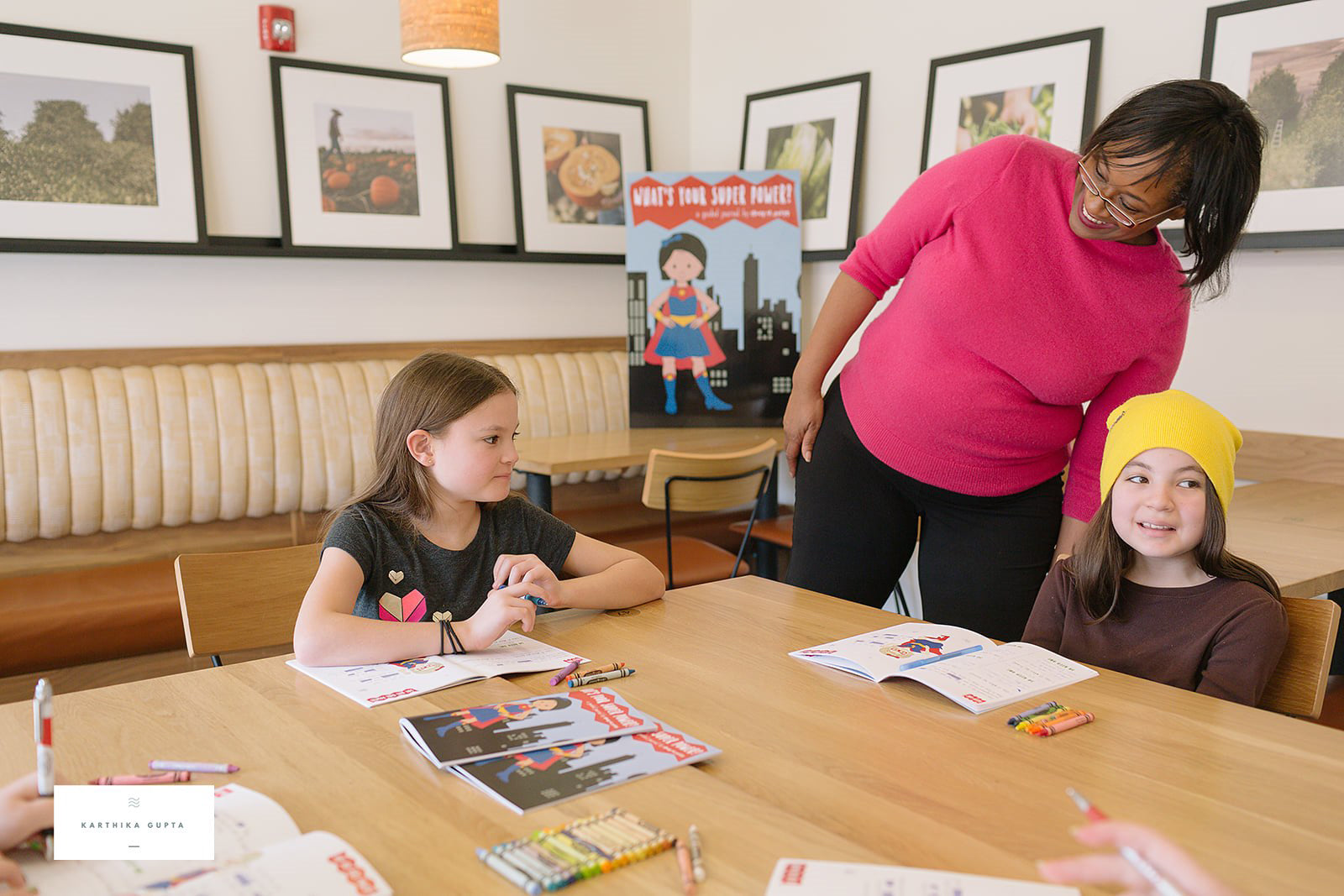
Have you ever walked into a room and did not feel welcome? Perhaps it was a social event, a conference, or a business networking meeting. It may not have been that anyone was particularly unpleasant to you. You simply did not feel welcome.
Adults and social isolation
About 3 years ago I attended a monthly networking meeting organized by a very popular local group. The room was packed, but I managed to find an empty seat. I introduced myself to the woman sitting next to me and attempted to engage her in a conversation by asking about her business. While she politely answered my questions, she did not ask me any questions. When I stopped trying to engage her, the conversation stagnated. It was clear that she had no intention of saying anything to me unless I asked her more questions.
Undeterred, I continued my effort to meet people. However, I ended up spending most of the time alone. After the speaker finished, I left. Because I did not feel welcome that day, I did not return to the group’s meetings. No one wants to go to or remain in a place in which they do not feel welcome.
Children and social isolation
Imagine if you are 7, 8, or 9 years old and every day when you go to school you feel unwelcome. You walk into school and no one speaks to you. You go to the playground during recess and no one plays with you. When you walk home, you walk alone. How would you feel? Would you feel like you are part of the school community, or would you feel like you are simply one of the “other” kids.
What if you are a child who has a physical disability. Perhaps you have leg braces, require a wheelchair, or have some other difference such that physically you cannot quite do the things that the other kids can do, or you cannot do them in the same way. As a result, kids do not include you in activities because they have concluded that you can’t. How would you feel? Would you feel like you are part of the school community, or would you feel like you are simply one of the “other” kids.
What if you attend a school where the population is 90% Caucasian, and you are African American, or you attend a school that is 90% African American, and you are Caucasian? When you are in that 10%-- how do you feel? You may not feel like you are part of the school community. You may feel like you are one of the “other” kids.
This is a problem that many children in our schools experience. Whether it is intentional or not, they do not feel like they are part of their school’s community. As a result, many children not only feel sad and lonely, many also suffer mental health problems and underperform academically.
Humans are social beings
We thrive on connections. We thrive on support from our social circle which includes both family and friends. Feeling socially isolated at school negatively impacts the mental health, physical health, and academic outcomes of children. The detrimental mental health impact of social isolation include poor self-esteem, anxiety, depression, suicidal thoughts, and suicidal actions. In fact, a 2012 study of 4500 adolescents found that “social support from friends” and “spending spare time with friends” were the strongest protective factors against mental disorders among adolescents.
In addition, children who are socially isolated have a higher risk of poor physical health. Research also supports a correlation between social isolation and academic performance.
Let's revisit my initial question: Have you ever walked into a room and did not feel welcome? Think about that moment. Whatever your reason for being there, whatever your goal was, how successful were you? I suspect that at best you had limited success as the circumstances inhibited your ability to full engage with the other people in the room.
You do not have to think back to when you were a child to understand how a child who is socially isolated at school feels. You only need to think about an experience that you had as an adult. It does not feel good to feel like the “other.” We all want to feel included.
Program to help students feel socially connected
Based on my guided journal, Why Is Different Awesome?, my social emotional learning program for elementary schools is designed to help all kids feel as if they belong. The overall goals of the program are to help build self-esteem and to help build school communities. The lessons emphasize kindness, empathy, diversity, and self-awareness. After discussing each topic, the students spend time journaling about the topic. The reflective aspect of journaling helps students to continue to think about and process the discussion points in order to gain an even deeper understanding and to retain the knowledge.
The 8-10 week program is designed to be integrated into a school’s 4th or 5th grade writing program. This makes implementation relatively easy with minimal disruption of the school’s established curriculum and schedule.
For more information on the program and to discuss implementation in your school, contact me via email at stacey@staceymontgomerypublishing.com, or call me at 630-803-1126.
Stacey Montgomery, Founder
Stacey M Design and Stacey Montgomery Publishing
@2020. Stacey Montgomery. All rights reserved.




Leave a Comment